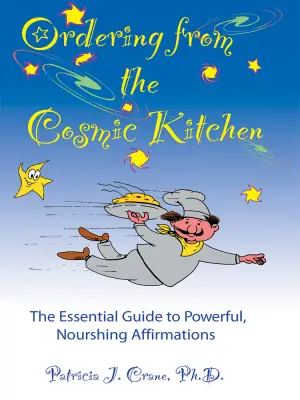Exploring Grief in a Digital Age: A Review of UnWorld by John Greene
Have you ever picked up a book and found the themes echoing your innermost thoughts? That was my experience with John Greene’s UnWorld. As I dove into its pages, I was instantly drawn to its exploration of grief, identity, and the increasingly blurred line between humanity and technology. The multiverse of emotions Greene weaves reminds us that our feelings—no matter how complex—remain profoundly human, even amidst the advancements of our digital age.
At its core, UnWorld invites readers into the hearts and minds of four distinct characters, each grappling with the weight of loss and existential questions. Anna, a grieving mother, captures the devastation of losing her son, Alex, amidst the ambiguity of his death—was it an accident, or was it a choice? Greene portrays Anna’s grief with a tenderness that feels almost palpable. His writing channels the raw power of parental loss, echoing the stark honesty found in memoirs while cleverly weaving in elements of science fiction.
Meanwhile, Samantha, Alex’s older friend and the sole witness to his tragic end, becomes not only a seeker of truths but also a profound representation of how trauma fragments our memories. Her reflections offer a window into Alex’s troubled psyche and the dangerous habit of overthinking—his spirals of metacognition resonate far too well in our digitally driven lives. Samantha’s voice crackles with youthful intensity, revealing the complexities of mourning and understanding.
The most fascinating character, however, is Aviva—an “emancipated upload.” This digital consciousness embodies a juxtaposition of memory and identity, as she navigates her existence independent of human constraints. Greene’s portrayal of Aviva challenges us to consider what it means to be “alive” in today’s world, making her sections both beautiful and haunting. Their ethereal quality provides a thought-provoking examination of how technology intersects with our most intimate traumas.
Cathy, a recovering addict and AI professor, stitches together these narratives with her insatiable quest for connection. Her desperate attempts to bridge the digital and emotional worlds underscore the book’s key theme: the hybrid nature of human experience in the face of loss, aided (or exacerbated) by technology.
Greene’s prose is a symphony of voices. Each character’s perspective has its own rhythm—Anna’s precision, Samantha’s youthful fervor, and Cathy’s frantic pulse. The Aviva sections stand as a testament to Greene’s ambitious storytelling, capturing consciousness in a manner that feels simultaneously familiar and otherworldly. Though the pacing occasionally stumbles in balancing these threads, the themes never falter. Greene skillfully navigates the complexities of grief, reminding us that the digital tools we wield may amplify rather than alleviate our suffering.
UnWorld resonates deeply in today’s context, particularly for those grappling with mental health challenges. It interrogates our relationships with technology while remaining rooted in emotional truth. This book isn’t just for fans of speculative fiction; it’s for anyone who has ever felt the pang of loss or the dissonance between reality and the digital realm.
In conclusion, John Greene’s UnWorld is a captivating exploration of what it means to be human in a digital era. It will appeal to readers looking for heartfelt narratives and those intrigued by the philosophical implications of consciousness and grief. For me, it sparked an introspective journey into understanding our complex emotional lives in the age of technology. If you’re seeking a thought-provoking read that lingers in the mind long after the last page, this book is not to be missed.






